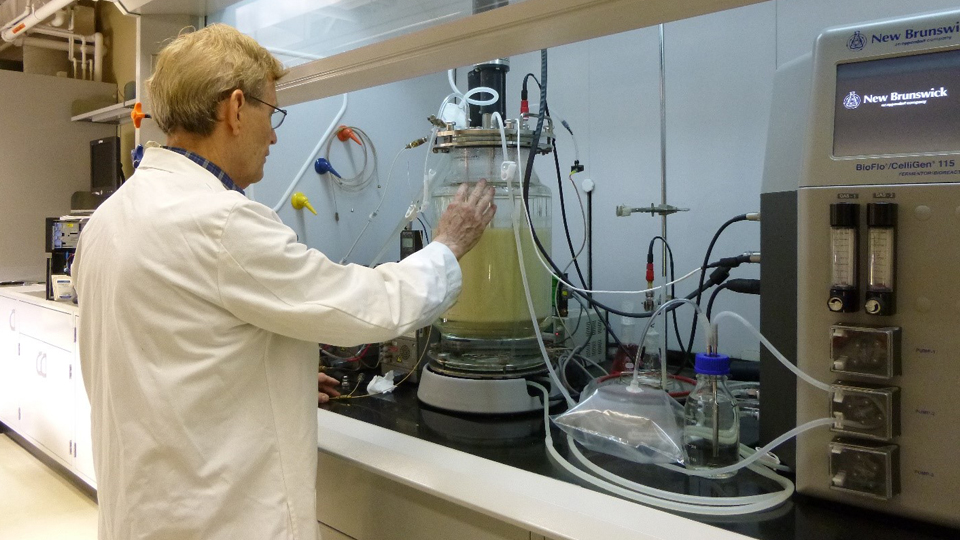PNW inks licensing agreement for hydrogen process
Subscriber Benefit
As a subscriber you can listen to articles at work, in the car, or while you work out. Subscribe Now
The Purdue Research Foundation has inked a licensing agreement with an international energy company for the commercialization of a new process discovered at Purdue University Northwest. The new process uses food waste to biologically produce hydrogen for use as a sustainable energy source.
PNW says the process can be used for producing electricity, as well as for chemical and industrial processes or as a transportation fuel. A second licensing agreement with a company in Indiana is under negotiation.
Robert Kramer, professor of Physics at PNW and principal investigator for the research, says more than 30% of all food is wasted in the U.S. each year.
“The developed process has a high production rate and can be implemented quickly,” said Kramer. The process is robust, reliable and economically viable for local energy production and processes.”
The university says the research team has received five grants from the U.S. Department of Energy and the Purdue Research Foundation totaling about $800,000 over the last eight years. Additionally, two patents have been issued for the process and a third patent is awaiting approval.
Throughout the next nine months, PNW says a scale up test will be conducted. The university expects construction could start on the first commercial prototype within one year.
